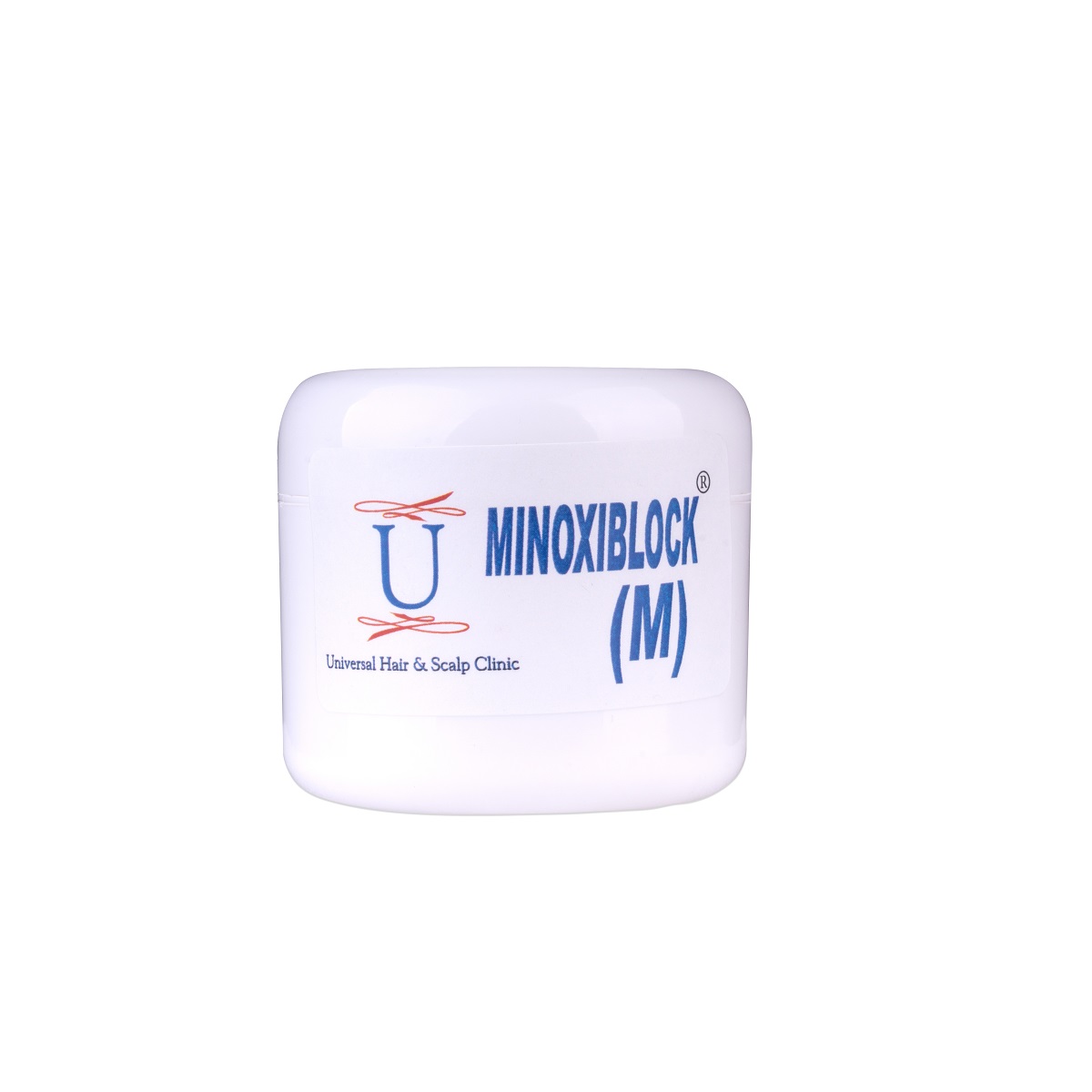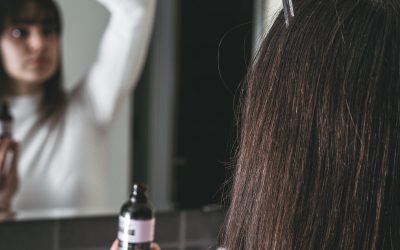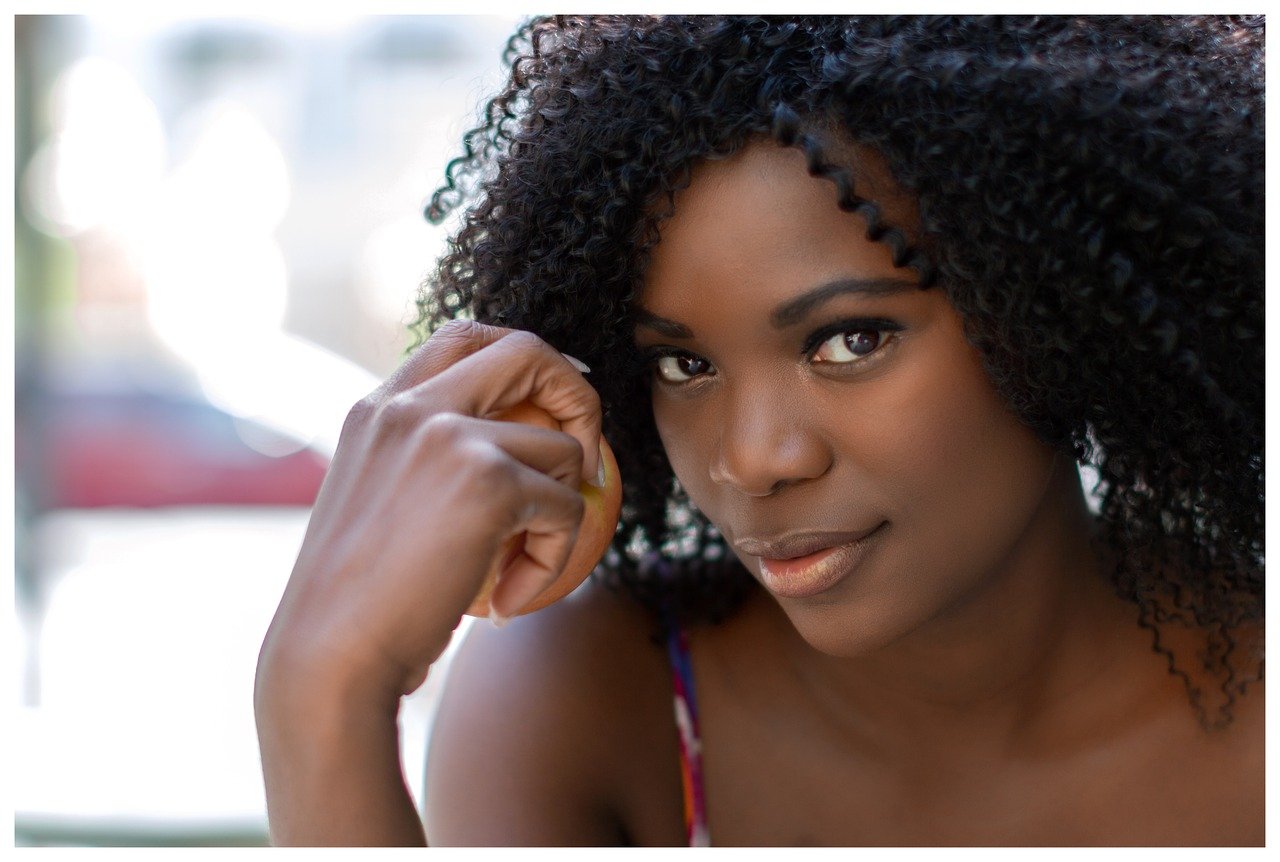The appearance of small bald patches on the scalp is a characteristic sign of alopecia areata (AA). Categorised as an autoimmune skin disorder, this condition typically causes clumps of hair to fall out. Some experience minimal hair loss, resulting in unnoticeable bald spots. Others suddenly lose a lot of hair, making it difficult to hide the problem.
If you are suffering from AA or suspect that you have it, here are some important information about alopecia areata treatment you should know.
Only Get Alopecia Areata Treatment from a Specialist
Treatment for AA can only commence after a proper diagnosis has been made. Only qualified professionals like a trichologist or dermatologist can determine if your hair loss is due to AA.
While there are various resources online about AA, reading all of them won’t turn you into an expert. Aside from the knowledge, experience and tools are needed to ascertain if alopecia areata is causing your hair loss.
So, please do not self-diagnose. Moreover, do not consult just anyone for your hair loss problem. Go to a reputable hair and scalp specialist in Dublin – someone with the credentials and experience needed to treat alopecia areata.
No Cookie Cutter Alopecia Areata Treatment
Various factors are taken into consideration when treating AA – age, severity of the condition, medical history and willingness to deal with treatment-related side effects.
For example, certain medications may be prescribed to adult alopecia areata sufferers but not to children. For patients with limited areas of hair loss, medications that suppress immune reaction may be enough. But for those with advanced hair loss, treatment may include oral immunosuppressants and topical hair growth medications.
Simply put, there is no one-size-fits-all treatment approach to alopecia areata. What works for one patient may not necessarily work for you. This is why it is important that you see a specialist, so an accurate assessment can be done and the right treatment approach can be taken.
Alopecia Areata Treatment Not Equivalent to a Cure
Treating AA is not tantamount to curing it. Just like male pattern baldness and female pattern hair loss, there is still no cure for alopecia areata. But studies are ongoing to understand this condition and find a permanent solution to it.
If there is no cure, then what are the treatments for? Alopecia areata treatments mainly focus on managing the symptoms and promoting hair growth. The medications do not eliminate hair loss for good.
Alopecia Areata Treatment Has Different Forms
Treating AA may involve the use of medications that decrease inflammation and promote hair growth. These may come in the form of topical agents, injectables and oral medications.
While these treatments are effective, they won’t deliver the results you want immediately. It typically takes months before results become noticeable.
Another form of treatment for alopecia areata is light therapy. In this type of radiation treatment, psoralens, an oral medicine, is used along with UV light. Also called phototherapy, it is commonly used in treating androgenetic alopecia.
Repeated Alopecia Areata Treatment May Be Necessary
Alopecia areata is a complex hair loss condition. It can be very unpredictable in that some people lose their hair, grow them back and never lose them again. However, for many sufferers, hair loss and regrowth can be cyclical. It can happen over and over again during their lifetime.
This means that you would need to see your trichologist or dermatologist when it recurs to get the treatment you need.
As mentioned earlier, the treatment varies depending on various factors. Hence, your treatment plan can change over the years.
In conclusion, given its unpredictability, treating alopecia areata is not easy. You need a good hair and scalp specialist to successfully manage or overcome this hair loss condition.
Want to get the alopecia areata treatment that is best for you? Call us now on +353 (0)1 6793618 to schedule an appointment with our experienced trichologist in Dublin!



